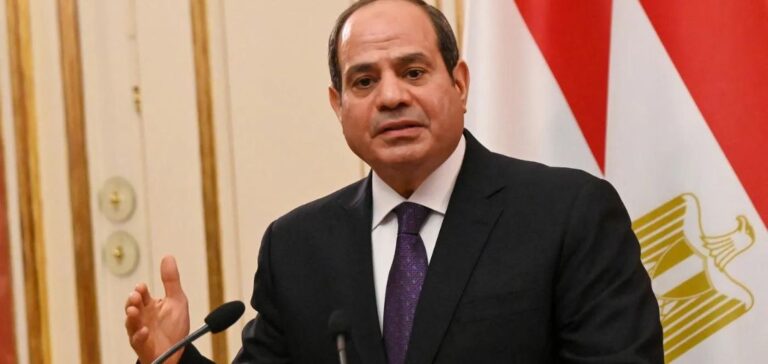On Thursday, Egypt announced a series of measures, including planned power cuts, to cope with rising energy consumption caused by the country’s intense heat wave.
Egypt adopts drastic measures to manage energy crisis and inflation
In order to relieve the power grids, civil servants who do not hold positions in contact with the public will work from home one day a week from August 6, for a period of one month, Prime Minister Mustafa al-Madbouly said in a televised address, inviting the private sector to take similar measures. To cope with rising energy consumption across the country, planned power cuts are expected to last one or two hours a day at most, he added.
They are expected to persist until the end of the current heat wave, marked by temperatures that have exceeded 45 degrees this week in some parts of the country. The government began implementing these cuts last week, urging residents not to use elevators at certain times of the day. This measure had sparked a wave of discontent on social networks, with many complaining that the blackouts, often at the hottest times of the day, lasted more than two hours and occurred outside the scheduled time slots.
The Egyptian economy is undermined by galloping inflation and repeated currency depreciations, which have affected purchasing power and the ability to import essential goods. A similar energy crisis during the presidency of Islamist Mohamed Morsi, in 2013, led to widespread anger and protests before he was deposed by the army.
In 2015, the Egyptian authorities signed an agreement with Germany’s Siemens for the construction of three large power plants, with investments estimated at six billion euros, with the aim of doubling the country’s electricity production. Since then, Egypt has been faced with depleting foreign exchange reserves and mounting debt, exacerbated by Russia’s invasion of Ukraine.






















